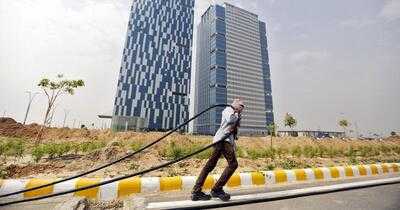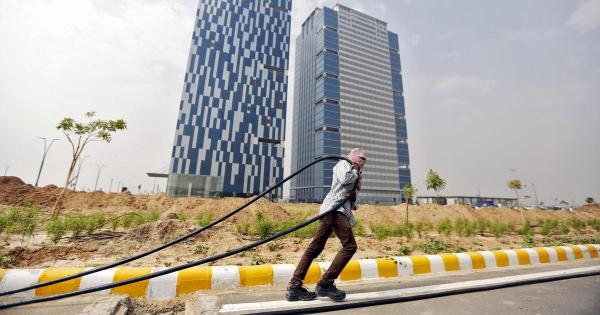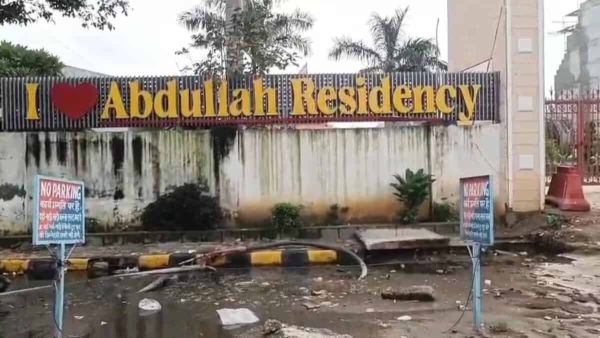

When it was launched in 2015, the Smart CitiesMissionaimed to select 100 urban areas that would be retrofitted with infrastructure, offer residents a sustainable environment and use information technology to increase efficiency in governance.
This, the urban development ministry estimated, will cost Rs 7 lakh crore (approximately $105 billion) over the next 20 years.
The 100 cities selected for the mission ranged from New Delhi to Bhagalpur, Imphal to Salem, Satna to Ahmedabad.
The Central government initially allocated Rs 48,000 crore for the mission. This amount was to be matched by the states in which projects were to be carried out.
The mission recommended that public services such as water supply, sanitation, sewage and transport be delivered by private partners through the Public-Private-Partnerships – contractual agreements thatallow private sector participation in the delivery of public services and infrastructure projects.
India’s urban development model since the liberalisation of the economy in the early 1990s has involved a push to involve private companies in delivering public services and then making citizens pay user charges. As part of this strategy, Public-Private Partnerships have been favoured as a vehicle to provide opportunities for the private sector and boost the flow of funds to implement these projects.
Many opportunitiesThere are hundreds of project opportunities listed on the government’sIndia Investment Grid website that are...
Read more
-
Abdullah Residency faces demolition over encroachment claims in Meerut

-
Dharmendra Pradhan visits BAPS Hindu Mandir in Abu Dhabi

-
NIACL AO 2025 Recruitment: Admit Card Now Available for Download

-
M6 traffic LIVE: Major UK motorway closed after overturned lorry catches fire

-
Exciting Trailer Launch of 'Jolly LLB 3' Featuring Akshay Kumar and Arshad Warsi
